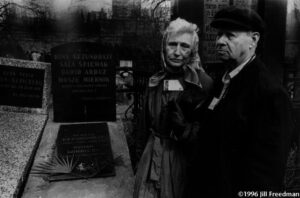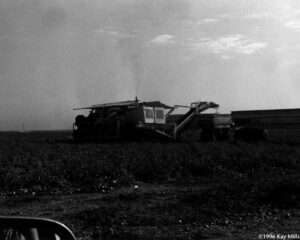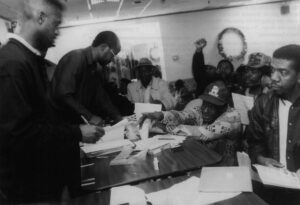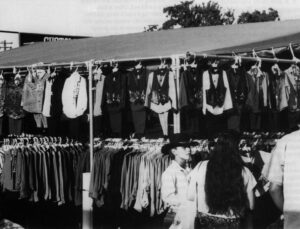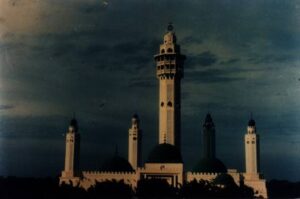
Profiting from One’s Prayers
When prayers end, commerce begins. It’s an inevitable consequence when you are part of a sea of worshippers flowing from West Africa’s holiest shrine. This is the only known photo of Cheikh Ahmadou Bamba, the founder of Senegal’s Mouride Brotherhood. It was taken in the

